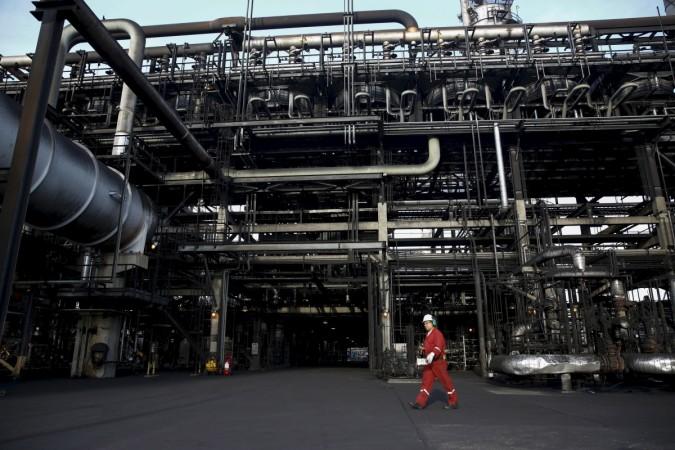
India's goods exports fell for the seventh straight month in June as global demand remained sluggish, underscoring the challenges Prime Minister Narendra Modi will face to maintain and further boost economic growth.
Merchandise exports, equivalent to about a fifth of India's $2 trillion economy, have shown increasing weakness in recent months. In June, they contracted 15.82 percent year-on-year to $22.29 billion.
While Modi aims to accelerate growth to over 8 percent in 2015-16, a global trade slowdown is undermining chances of an export-led recovery, while high interest rates and weak monsoon rains are putting the brakes on domestic demand.
"It's a very sharp decline ... If this trend continues then we would expect a much lower GDP number," said N.R. Bhanumurthy, an economist at the National Institute of Public Finance and Policy, a Delhi-based think tank.
Bhanumurthy, however, said he was hopeful India's exports will pick up pace as the global economy revives.
Modi aims to almost double goods and services exports to $900 billion in the next four years, but his 'Make in India' initiative to attract foreign investors has yet to yield results even though big Asian tech investors are circling.
Indian businesses are losing competitiveness due to high borrowing costs and the relative strength of the rupee, as well as the country's long-standing weaknesses - bad infrastructure, red tape and corruption.
Hopes of a near-term cut in interest rates have been dampened by the latest figures showing that consumer price inflation rose to an eight-month high in June.
A nuclear deal that foresees lifting sanctions against Iran offers one bright spot, at least, and could boost India's exports to the Islamic nation by over a third to $6 billion this fiscal year. Food exporters may gain most.
Wednesday's data showed the trade deficit widened slightly to $10.83 billion from $10.41 billion in May.
Imports in June fell 13.4 percent from a year earlier to $33.12 billion, their seventh consecutive decline, chiefly reflecting a slide in prices for oil - India's top import. Oil has fallen further after the nuclear accord between Iran and global powers.
"Both exports and imports remain in the contractionary zone, and we think it is unlikely that exports will be a big driver of GDP growth," Goldman Sachs said in a note on Tuesday.
While India's growth outlook has improved after Modi took charge last year, some of his vital reform proposals, crucial to boost growth further, have faced opposition protests.
Next week's monsoon session of parliament is expected to be volatile, with political scandals likely to disrupt proceedings and put land, labour and tax reform bills on the back burner.















